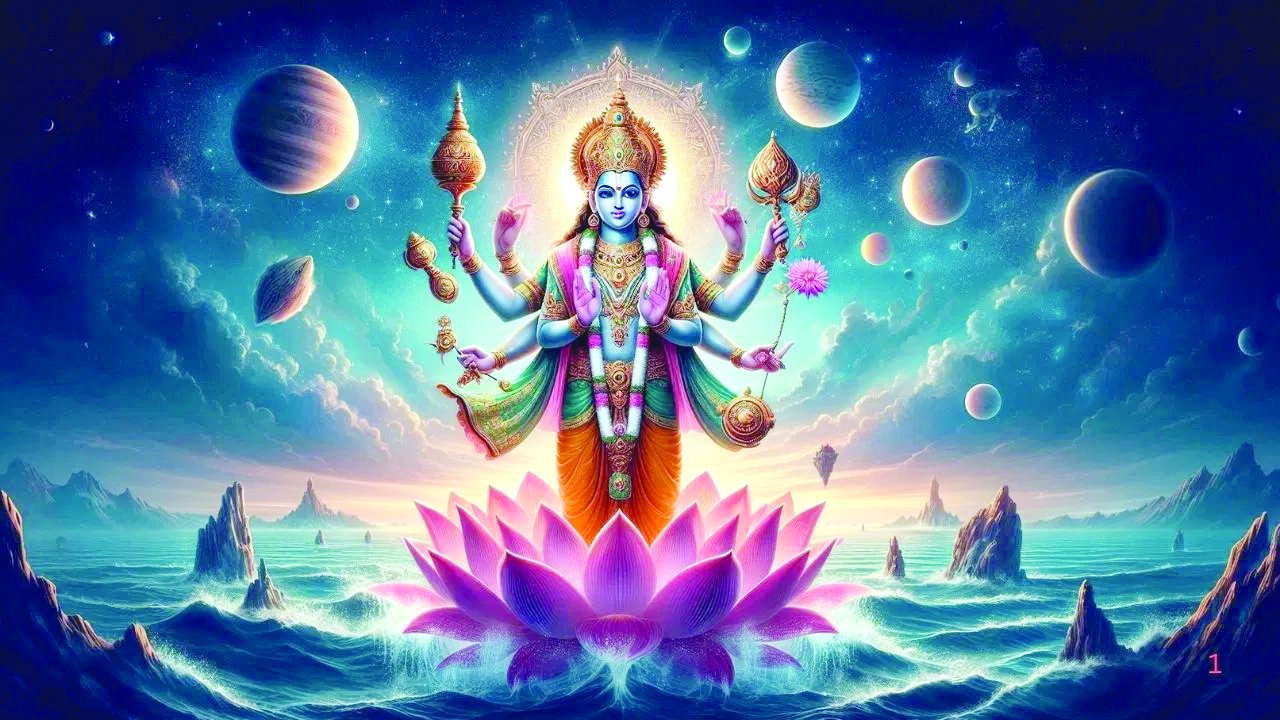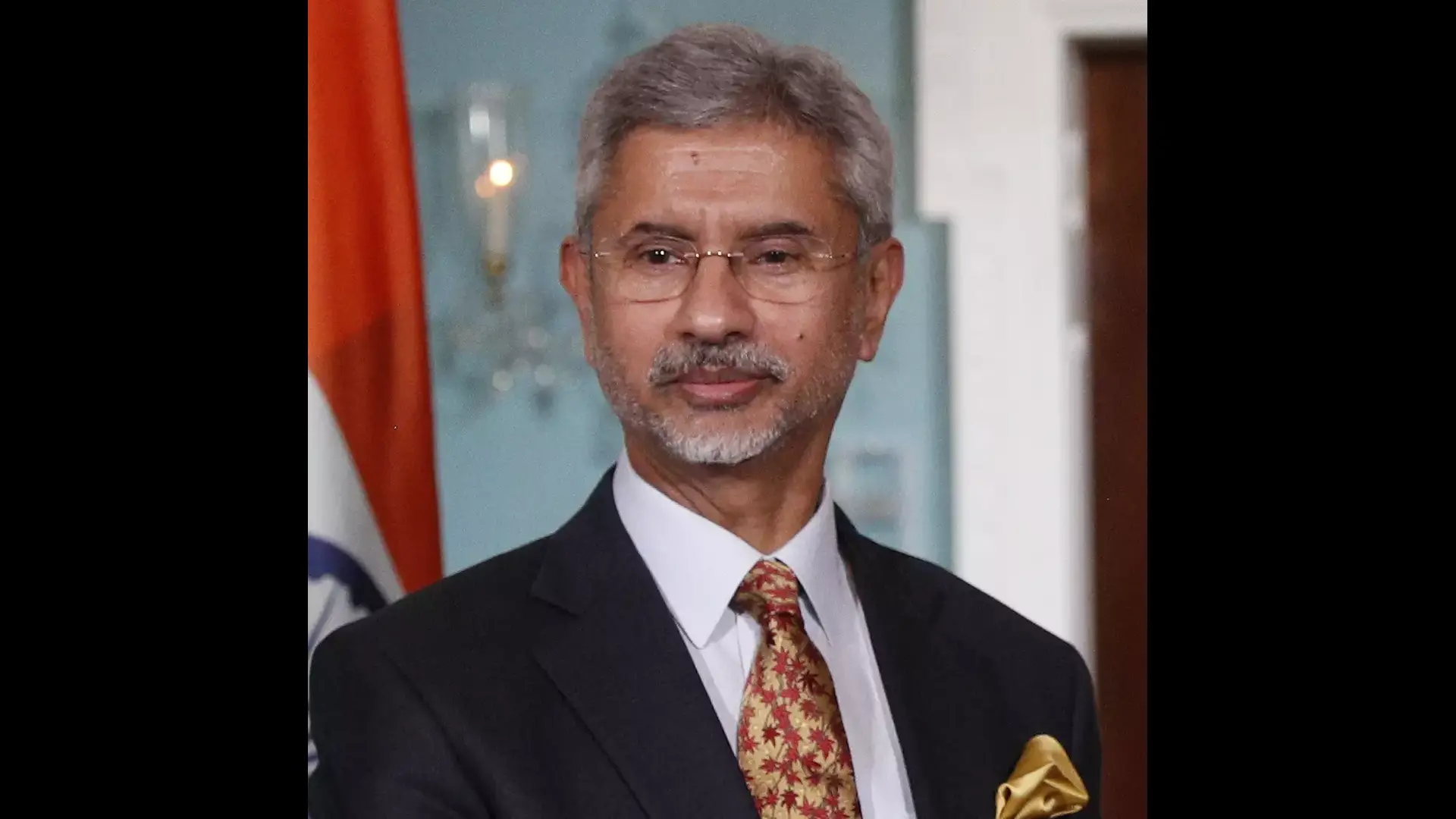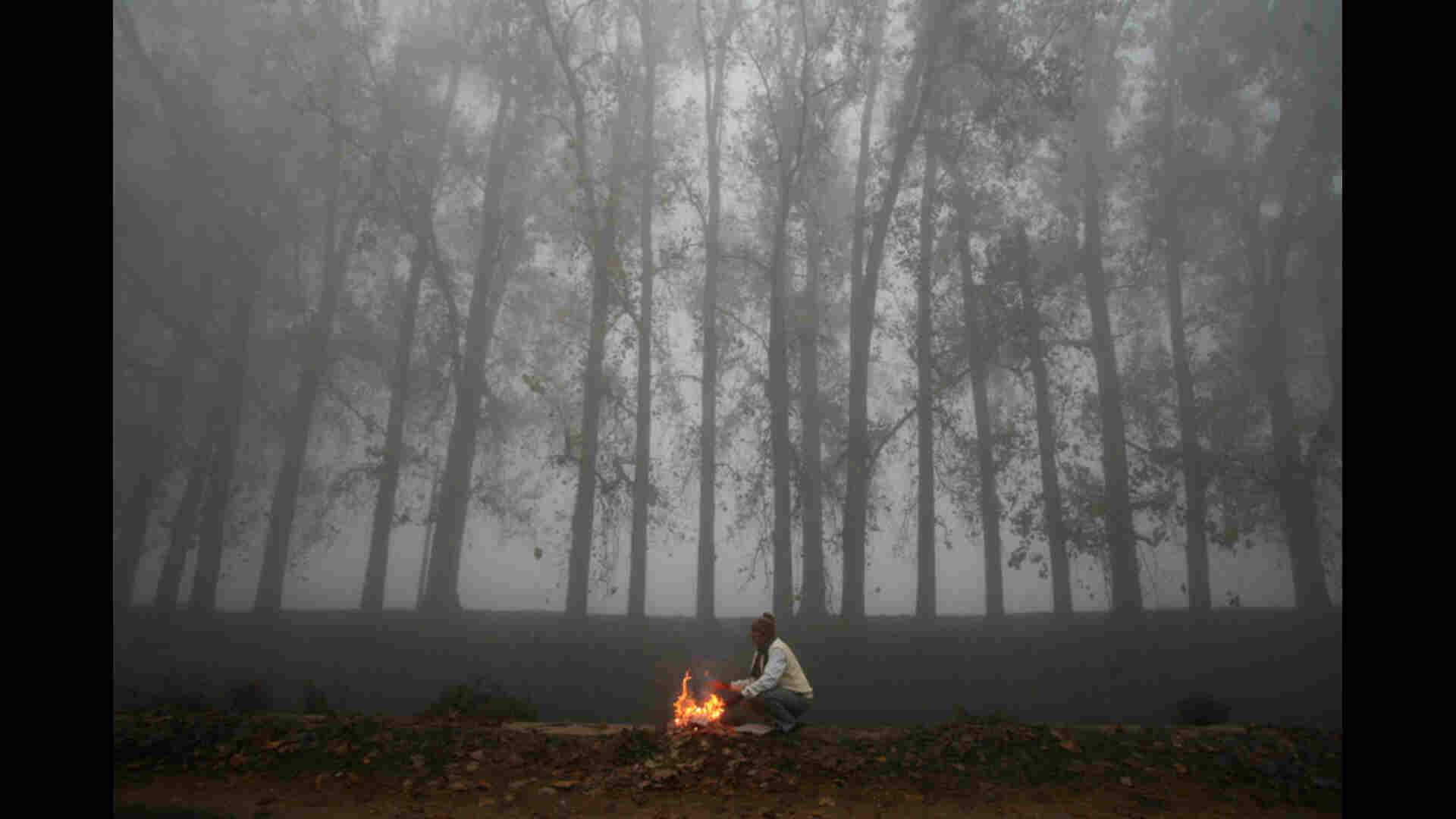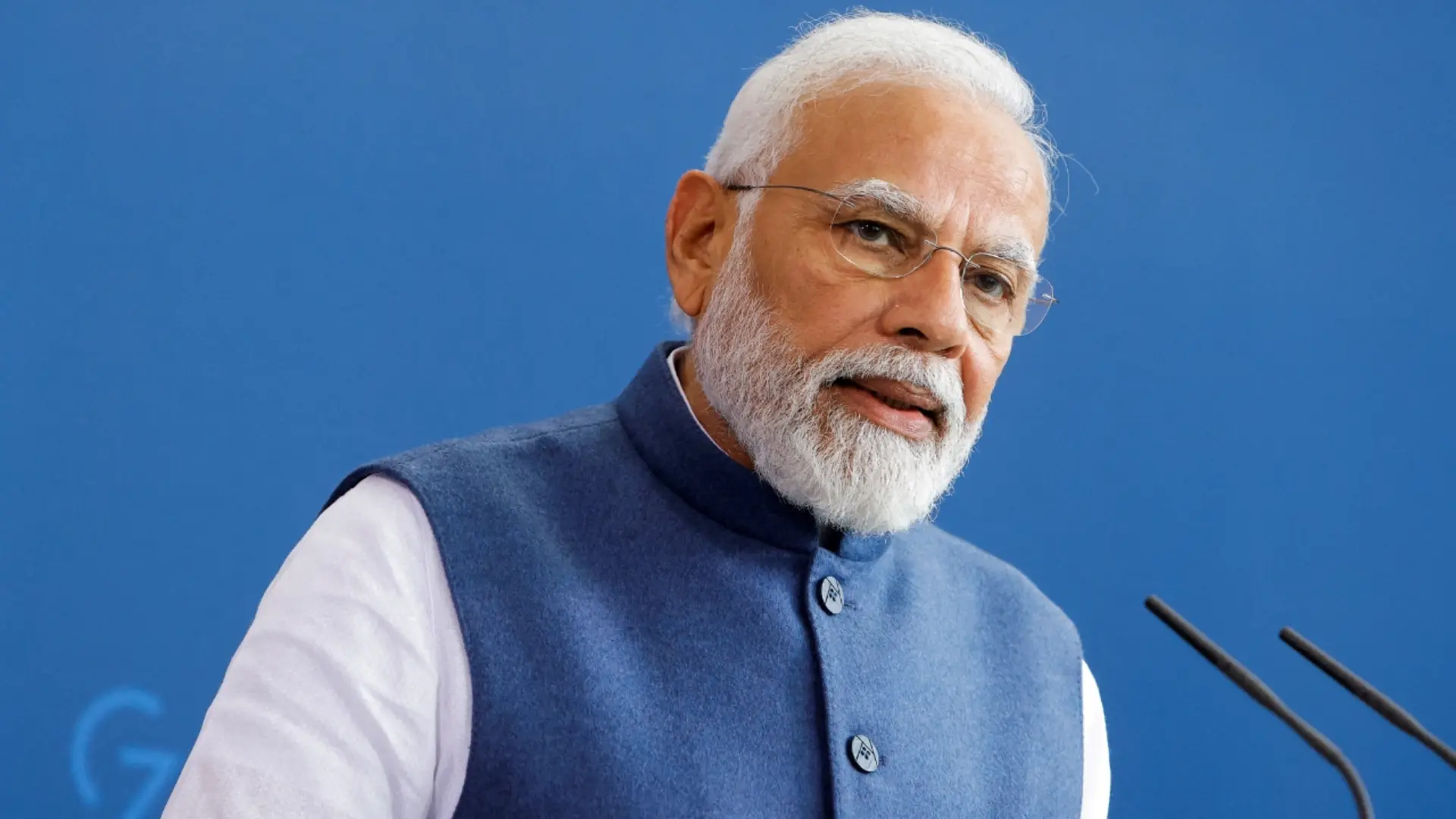The eleventh das on the lunar month is marked as Ekadashi or gyaras and has a great significance in Hindu Mythology. But Dev Uthani Ekadashi, also known as Prabodhini Ekadashi, is one of the most significant fasting days in the Hindu calendar. It marks the awakening of Lord Vishnu from his cosmic slumber, signaling the beginning of an auspicious period for spiritual activities, especially weddings, housewarming ceremonies, and other rituals. This day holds deep spiritual and cultural significance, with devotees observing fasting, prayer, and meditation to receive the blessings of Lord Vishnu.
Understanding Dev Uthani Ekadashi: The Day of Divine Awakening
Dev Uthani Ekadashi falls on the Ekadashi (11th day) of the Shukla Paksha (waxing phase of the moon) in the month of Kartika (October-November), according to the Hindu lunar calendar. The word “Uthani” is derived from the Sanskrit word “Uthan,” meaning “awakening,” and “Ekadashi” means the eleventh day. This day is celebrated to mark the end of Chaturmas, a four-month period when Lord Vishnu is believed to be in a state of deep slumber, resting on the cosmic ocean. It is said that during this time, all spiritual and religious activities are in a dormant phase, and devotees refrain from conducting weddings, buying new properties, or initiating major endeavors.
On Dev Uthani Ekadashi, Lord Vishnu is believed to wake up from his long nap. The day symbolizes a spiritual awakening for devotees, a time to renew their commitment to devotion, and a moment to seek divine blessings for a prosperous and spiritually fulfilling life.
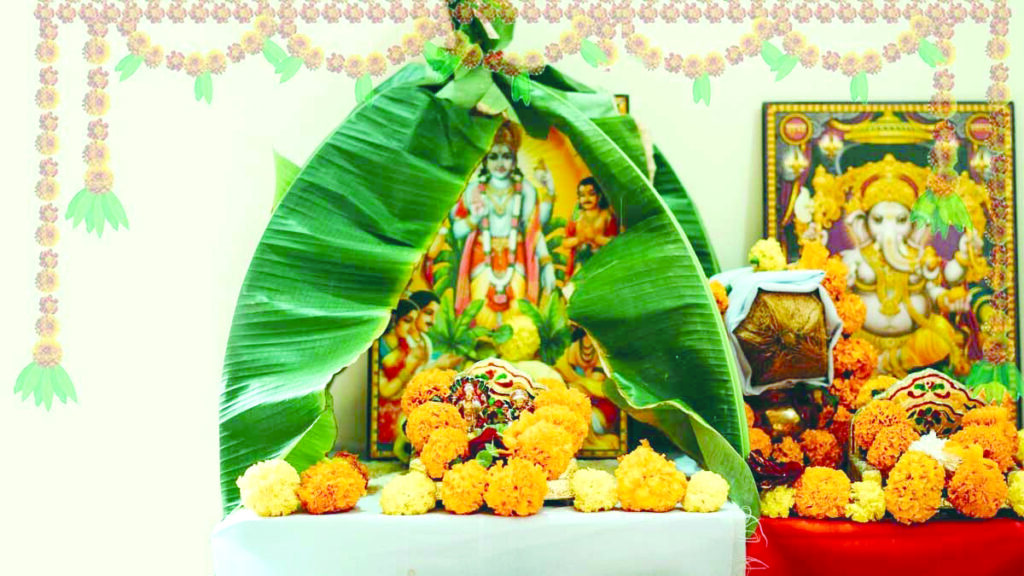
The Mythological Significance of Dev Uthani Ekadashi
The origins of Dev Uthani Ekadashi are rooted in ancient Hindu mythology. According to various scriptures and legends, Lord Vishnu enters a deep state of slumber during the Chaturmas period. This slumber is a symbol of the cyclical nature of life and the rest that precedes creation, sustenance, and destruction.
One of the most well-known stories related to Uthani Ekadashi is mentioned in the Bhavishya Purana. It narrates that once, during the Chaturmas period, the demon Mura created chaos and havoc in the universe. However, Lord Vishnu, in his slumber, was unable to intervene. As a result, the gods and sages approached Lord Vishnu’s consort, Goddess Lakshmi, and urged her to wake him up. When Lord Vishnu awoke on the auspicious day of Uthani Ekadashi, he vanquished the demon Mura, bringing peace to the universe.
This mythological event underscores the importance of awakening Lord Vishnu, as it signifies the triumph of good over evil and the restoration of cosmic balance. The day also marks the end of the rainy season, which has a symbolic association with the completion of the spiritual “sleep” of the universe.
Rituals and Customs on Dev Uthani Ekadashi
Devotees observe a series of rituals and customs on Dev Uthani Ekadashi to celebrate the awakening of Lord Vishnu and to seek his blessings. These include fasting, offering prayers, performing rituals, and observing spiritual disciplines. Below are some of the key customs followed by devotees:
1. Fasting and Abstinence
The primary ritual of Dev Uthani Ekadashi is fasting. Devotees observe a strict fast on this day, abstaining from food and water, or sometimes consuming only fruits and non-cooked food (fruits, nuts, and milk). The fast is intended to purify the body and mind, enabling the devotee to focus on spiritual practices and connect with the divine.
In certain regions, the fast is observed for 24 hours, beginning from the morning of the Ekadashi day and ending the next day in the morning, after offering prayers and performing aarti. Fasting is considered an act of devotion and self-discipline, where the devotee makes a conscious effort to detach from material pleasures and redirect energy toward spiritual pursuits.
2. Prayers and Rituals
On this day, devotees chant the Vishnu Sahasranama (1000 names of Lord Vishnu), recite mantras, and offer prayers to Lord Vishnu and Goddess Lakshmi. Temples dedicated to Lord Vishnu are beautifully decorated, and special prayers (pujas) are conducted to mark the awakening of the deity.
The morning begins with an early visit to the temple, where devotees offer flowers, fruits, and light oil lamps (diyas). The rituals aim to invoke Lord Vishnu’s divine presence, express gratitude for his blessings, and seek protection from worldly sufferings.
3. Lord Vishnu’s Idol is Decorated and Woken Up
At many temples, the idol of Lord Vishnu is kept in a reclining position, symbolizing his cosmic sleep during the Chaturmas. On Dev Uthani Ekadashi, this idol is “awakened” with great devotion. Priests conduct a special ritual in which the idol is bathed, adorned with fresh flowers, and offered a feast of sweets, fruits, and milk-based offerings.
This ritual is a grand spectacle, often accompanied by music, devotional singing, and prayers. Devotees also offer Tulsi leaves to Lord Vishnu, as Tulsi is considered a sacred plant that is dear to him.
4. Charity and Acts of Kindness
On Dev Uthani Ekadashi, it is customary for devotees to engage in acts of charity, such as donating food, clothes, and other necessities to the poor and the needy. Donating to the less fortunate is considered an auspicious act that pleases Lord Vishnu and brings spiritual merit. Many people also offer Anna Daan (donation of food) as part of their religious observances.
5. Community Celebrations
In many places, Dev Uthani Ekadashi is also marked by community celebrations, including processions, music, and cultural performances. Devotees gather in temples or at home to participate in group prayers, sing bhajans (devotional songs), and listen to religious discourses.
4. Spiritual Significance of Dev Uthani Ekadashi
Dev Uthani Ekadashi is more than just a physical observance of rituals; it holds deep spiritual significance. Some of the core spiritual messages associated with this day are:
1. Awakening from the Slumber of Ignorance
The waking of Lord Vishnu symbolizes the awakening of spiritual consciousness from the slumber of ignorance. Devotees believe that by observing the fast and engaging in devotional activities, they can awaken their own spiritual awareness and connect with their inner divinity.
2. A Time for New Beginnings
Dev Uthani Ekadashi marks the end of Chaturmas, a time when spiritual progress is often in a dormant state. It is considered an ideal time to start new projects, including marriages, housewarming ceremonies, or other ventures. The awakening of Lord Vishnu brings renewed energy, and it is believed that the divine grace of the Lord is more readily available after this day.
3. A Call for Self-Discipline
Fasting and devotion to Lord Vishnu are seen as acts of self-discipline and spiritual purification. It is believed that those who follow the rituals with sincerity and devotion will be rewarded with good health, prosperity, and divine blessings.
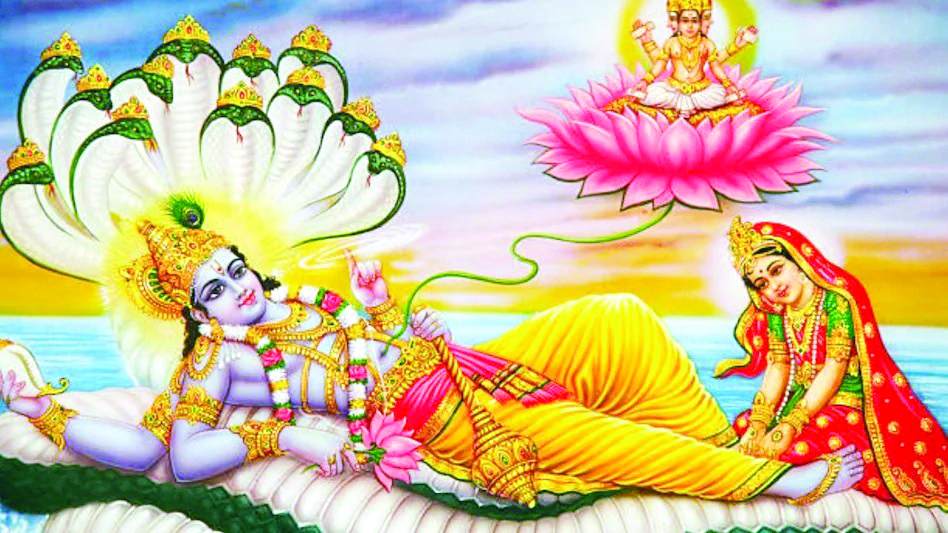
A Day of Awakening and Devotion
Dev Uthani Ekadashi is a significant day in the Hindu religious calendar, marked by devotion, fasting, prayers, and spiritual practices. It signifies the awakening of Lord Vishnu and serves as a reminder for devotees to awaken their own spiritual consciousness, deepen their faith, and renew their commitment to a life of virtue and service.
For millions of Hindus around the world, Dev Uthani Ekadashi is not just a ritualistic observance; it is a time to reflect, meditate, and seek the blessings of the divine for peace, prosperity, and spiritual growth. As the world continues to change, the spiritual message of this day—of awakening, self-discipline, and devotion—remains timeless and powerful, guiding devotees towards a deeper connection with the divine.

